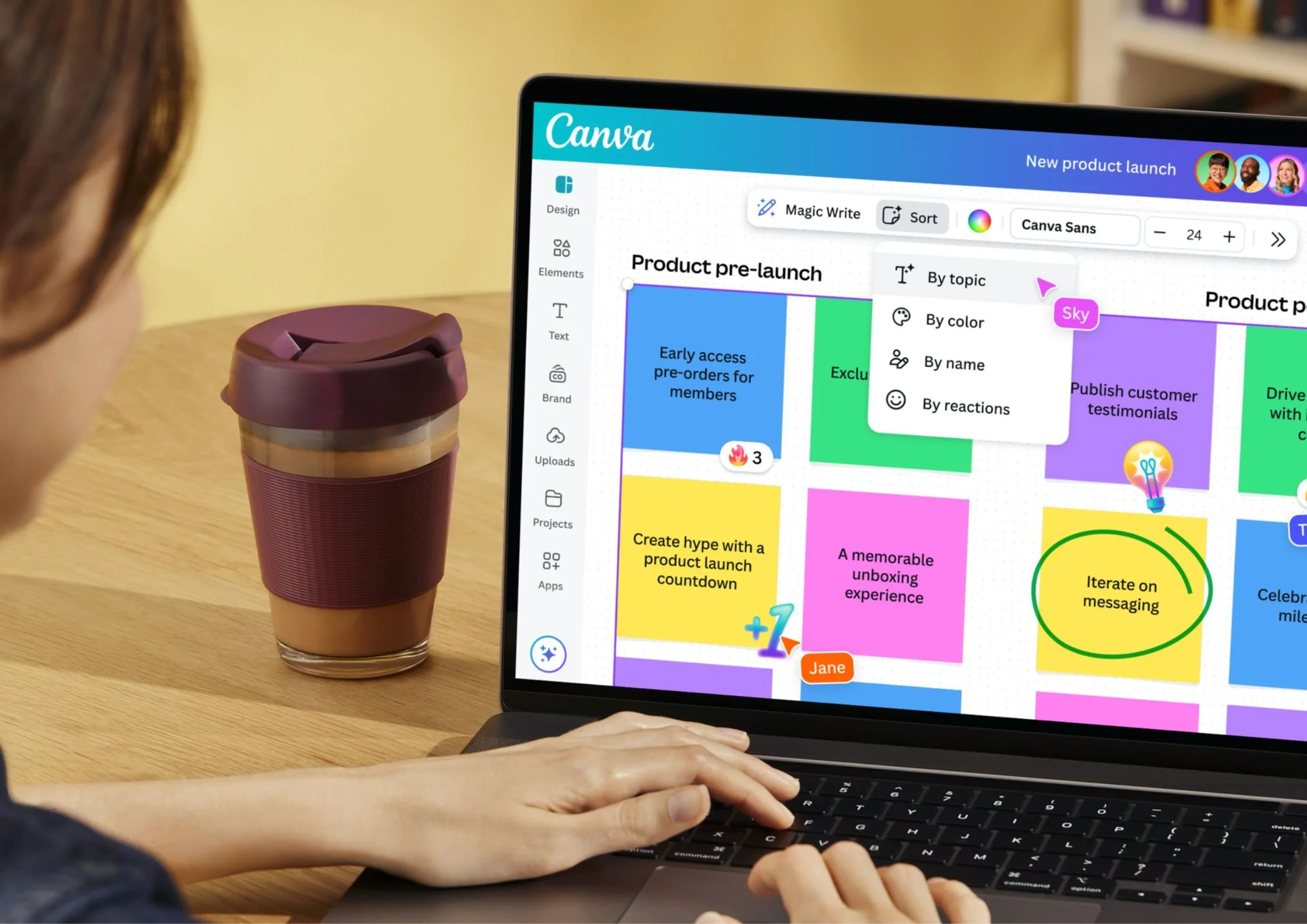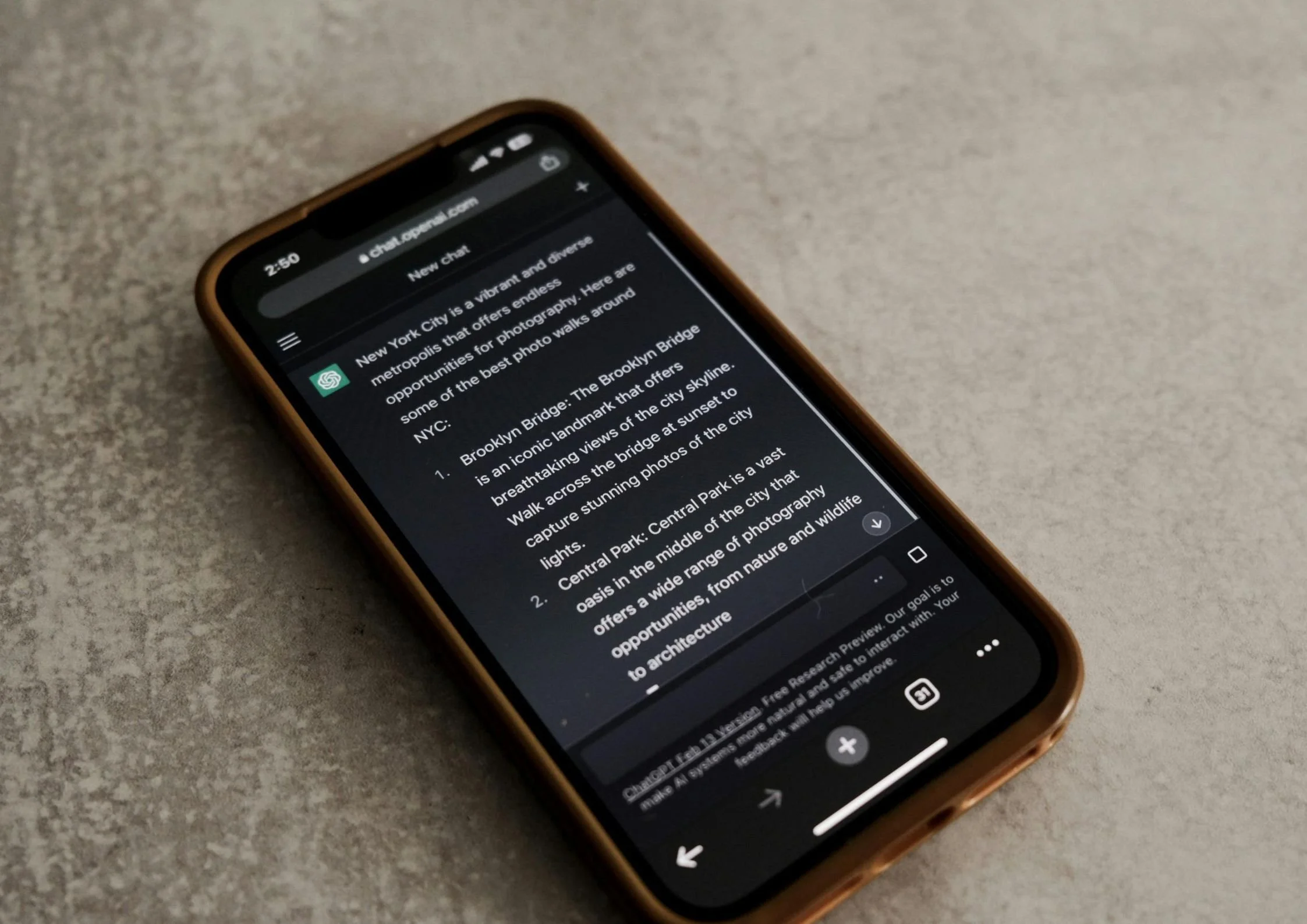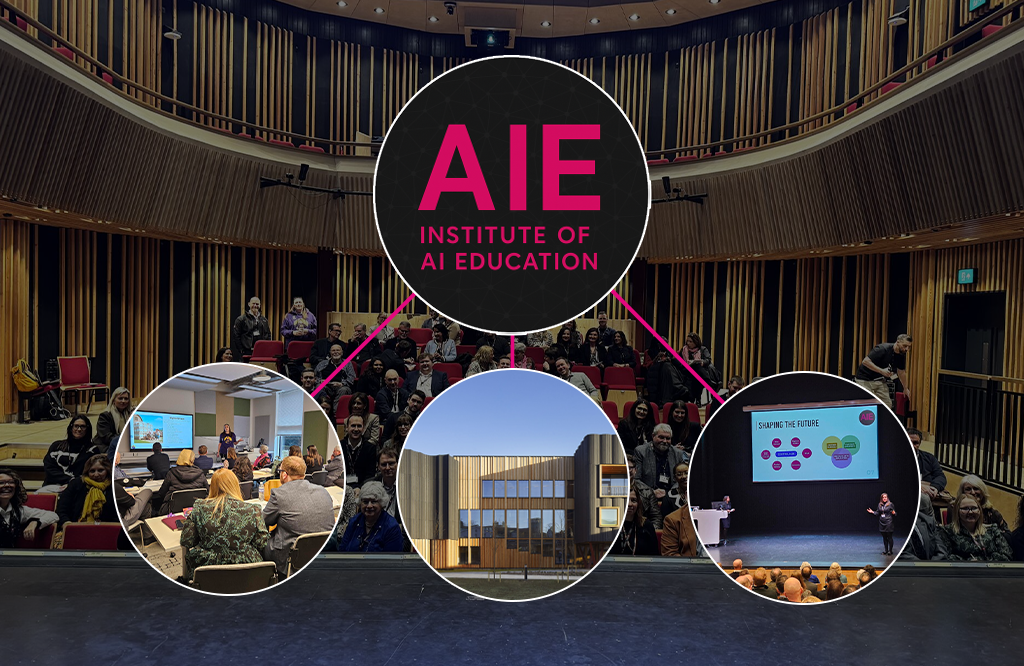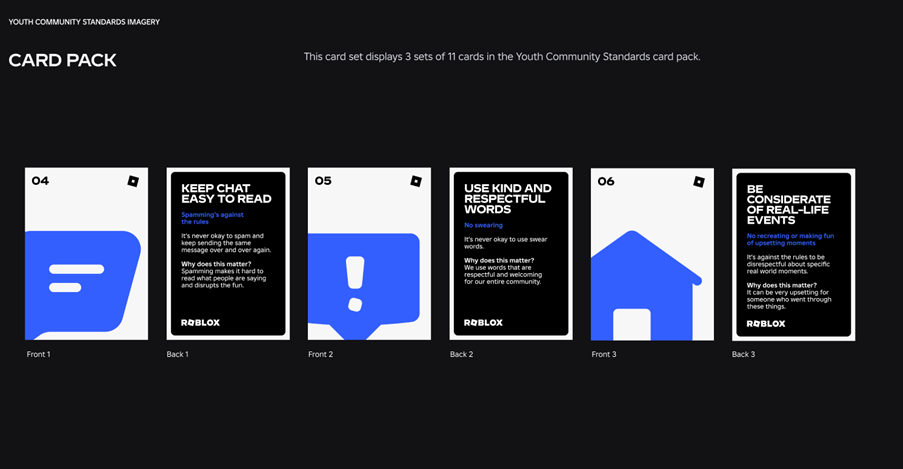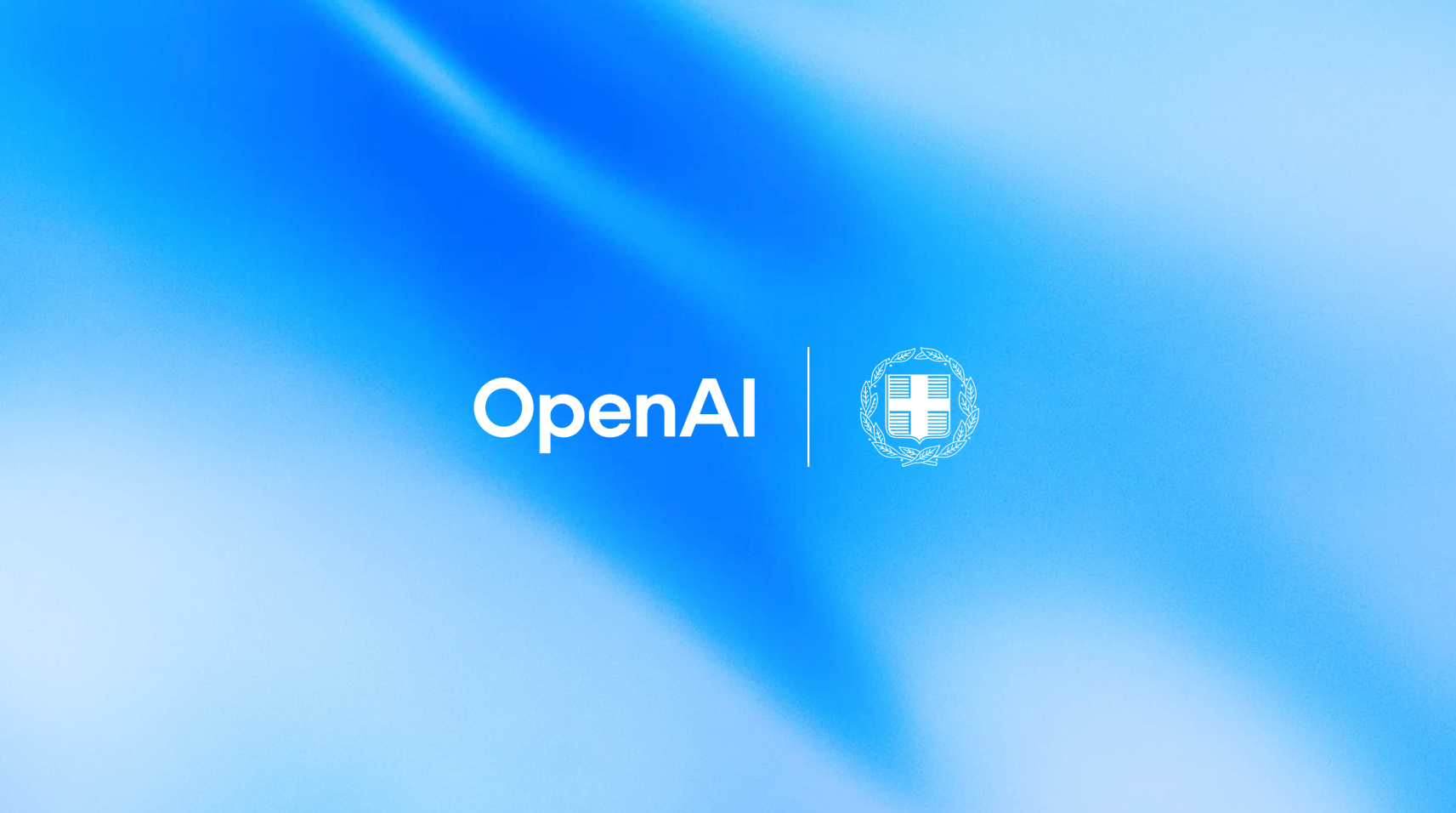ETIH’s most-read stories in June: ChatGPT’s impact on the brain, big-name partnerships, and global AI initiatives
June saw a surge of significant activity across the EdTech landscape. AI remained a driving force in education innovation, from neuroscience and national fellowships to new school tools and historic rebrands. Here are the ten most-read stories of the month on EdTech Innovation Hub:
10. Pearson and Google Cloud join forces to build AI-powered tools for K–12 learners and educators
In at number 10, Pearson announced a strategic partnership with Google Cloud to develop AI-driven tools for personalized learning, intelligent teacher support, and scalable content delivery.
The collaboration combines Pearson’s virtual school and assessment expertise with Google Cloud’s generative and agentic models, including Gemini and LearnLM. It also includes secure credentialing via Credly.
9. Knowunity raises €27 million to scale AI-powered learning platform for students
Knowunity lands at number nine after securing €27 million in Series B funding. The German EdTech startup blends personalized AI with student-generated content to support over 20 million learners across 15 countries.
CEO Benedict Kurz says the company is on a mission to provide “an AI learning companion” to a billion students worldwide. Investors include XAnge, Educapital, and Verena Pausder.
8. Daily AI use linked to reduced faculty workload in higher education, new survey finds
Coming in at number eight, a report by D2L and Tyton Partners revealed that regular AI use is easing pressure on higher education faculty — but also raising questions about policy clarity.
The survey found that 36 percent of daily users saw a workload reduction, but only 28 percent of institutions had a formal AI policy. Dr. Cristi Ford and Catherine Shaw called for better tools and clearer guidance.
7. Quizizz rebrands as Wayground to support teachers, not replace them with AI
In seventh place, curriculum platform Quizizz rebranded as Wayground, signaling a stronger commitment to helping teachers personalize learning without being overshadowed by AI.
CEO Ankit Gupta said the new brand better reflects its focus on teacher-led exploration. AI now powers adaptive accessibility, translations, and differentiated instruction — but not at the expense of human connection.
6. South Korea announces global postdoctoral fellowship to boost AI and science research
South Korea’s Ministry of Science and ICT announced the InnoCORE Postdoctoral Fellowship, aiming to recruit 400 early-career researchers across AI, clean energy, aerospace, and more.
Backed by a $222 million investment and partnerships with MIT, Stanford, Oxford, and major Korean firms, the initiative aims to tackle brain drain and lead global innovation in AI fields.
5. Historic Mentor launches AI-powered conversations with history’s most influential figures
Historic Mentor enters the list at number five with the launch of its AI mentorship platform, letting users engage in lifelike audio conversations with figures such as Marcus Aurelius and Leonardo da Vinci.
The platform aims to merge historical wisdom with personalized coaching, using agentic AI to provide continuity and recall. It follows a broader trend toward immersive, character-led learning.
4. U.S. News & World Report publishes 2025–2026 Best Global Universities rankings
In at number four, U.S. News released its latest global university rankings, covering over 2,250 institutions. Harvard, MIT, and Stanford topped the list, with the UK, China, and India also heavily represented.
The report includes subject-level rankings in fields like artificial intelligence, engineering, and plant science. Rankings are based on research performance and global reputation.
3. McGraw Hill to integrate Pearson assessments into its K–12 curriculum
McGraw Hill and Pearson made headlines with a new partnership that integrates Pearson’s PRoPL assessments into McGraw Hill’s core curriculum.
The collaboration aims to give educators better insight into student progress, starting with California’s Reveal Math and expanding nationally. It also continues Pearson’s push into AI-generated teaching materials.
2. Domo and Burbio launch AI-powered K–12 intelligence tool
Just missing the top spot, Domo and Burbio have launched a powerful new analytics product for K–12 districts, using AI to make sense of unstructured operational and financial data.
The tool helps districts track policy, staffing, and strategy — and deliver insights to stakeholders in real time. Julie Roche and RJ Tracy say the platform is already making waves with suppliers and district leaders.
1. MIT study shows ChatGPT reshapes student brain function and reduces creativity
And in at number one is MIT’s groundbreaking cognitive study, which found that starting a writing task with ChatGPT weakens brain connectivity and reduces originality.
Using high-density EEG scans, researchers tracked how AI changes executive function and memory formation. The results suggest that hybrid approaches — drafting solo, then revising with AI — yield the strongest cognitive benefits.



